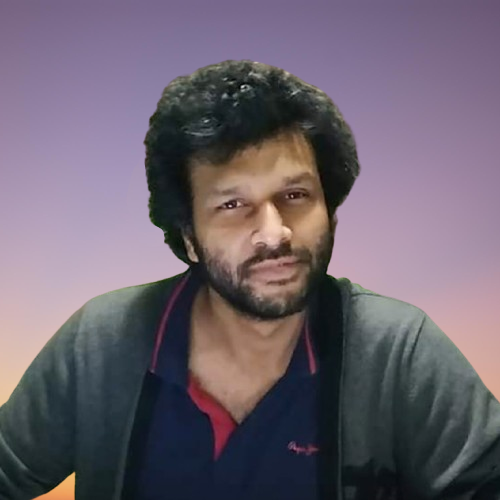Politics

The Election Commission's move to announce the schedule for the 12st parliamentary elections in the midst of a political standoff is a clear signal that we are indeed headed for a one-sided election come January 7, 2024 - which now looks set to join other dates such as January 5, 2014 and February 15, 1996 that sowed immense divisions, instead of bringing the country together, in the course of Bangladesh's chequered history with democracy. With almost its entire top leadership languishing in jail, the BNP, as well as its like-minded parties, rejected the schedule and warned that they would not let the election take place. We may recall the BNP attempted to do the same in 2014, which eventually resulted in 153 Awami League lawmakers getting elected without a vote being cast.
This time, the ruling party has been working diligently to ensure there will be enough parties and candidates to avoid such an abnormal outcome. Hence the advent of the Trinamool BNP, helmed by two former stalwarts of the party in Shamsher Mubin Chowdhury and Taimur Alam Khandaker. There is also the BNF, BNM and BSP (note the similarities), all in some form or the other known to be 'King's Parties' within the political landscape of Bangladesh. The more intriguing case to observe is that of the Jamaat e Islami, the BNP's erstwhile allies in government and outside it as well. We have seen Jamaat resume its political activities this year with renewed vigour and enthusiasm. As things stand, it cannot run for election due to the High Court cancelling its registration through a ruling in 2013. But lo and behold, the Appellate Division of the Supreme Court is now suddenly set to hear its appeal against the High Court ruling next week.
Although the two parties have been publicly maintaining a modicum of distance, it is notable that Jamaat has been supporting the BNP's movement to have a neutral, non-partisan administration installed to conduct the next election. It has particularly thrown its weight behind the programme of blockades and strikes that the BNP has been imposing throughout November. Yet they have not shared a stage together yet. Could a favourable decision at the apex court sway the Islamist party to take part in the election, in return for getting its registration back?
All these intrigues mean the fate of Bangladesh in the days ahead may well be decided on the basis of political wheeling-and-dealing, and a spate of behind the scenes horse trading, rather than the people's choice as expressed through the ballot. Another party whose moves will be closely watched in the coming days is the Jatiya Party, which has been accorded renewed importance as one of the three parties to which the United States government wrote letters this week, urging everyone to sit for dialogue without conditions. Unfortunately, the initiative may have come a bit too late, and with no clearly stated agenda, the two other parties who received the letter - the AL and BNP - were always unlikely to come around to such an offer. They have never seen eye to eye in the post-1991 period, and today they may be further apart than ever. Given the support base that each enjoys, it cannot bode well for healing the nation's divisions in the foreseeable future.

























Leave a Comment
Recent Posts
Pedaling Through the Mangroves ...
The journey from the bustling streets of Barishal to the serene, emera ...
Why the Interim Government mus ...
Two weeks out from what is expected to be a red letter day in the figh ...
Doesn’t matter who thinks what about Bangladesh deci ..
The Other Lenin
US President Donald Trump said his administration
Govt moves to merge BIDA, BEZA, BEPZA, MIDA